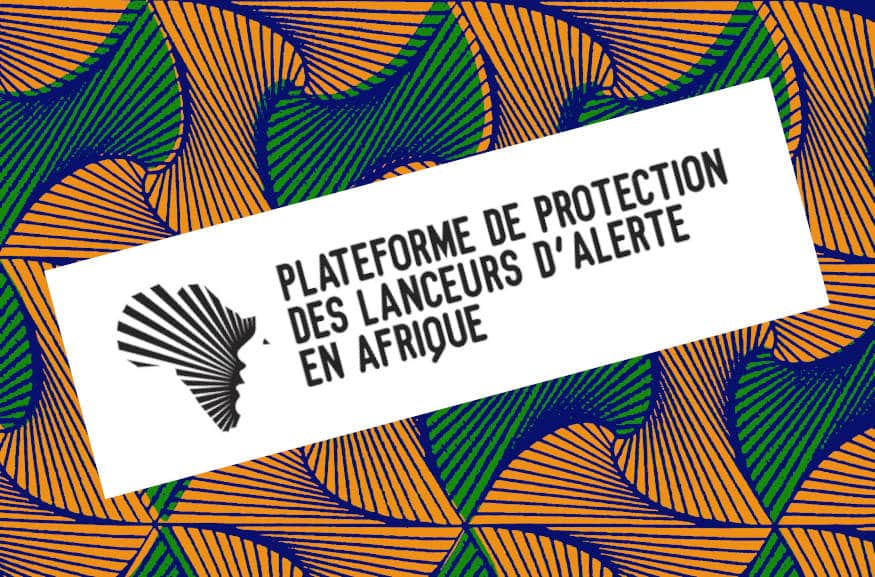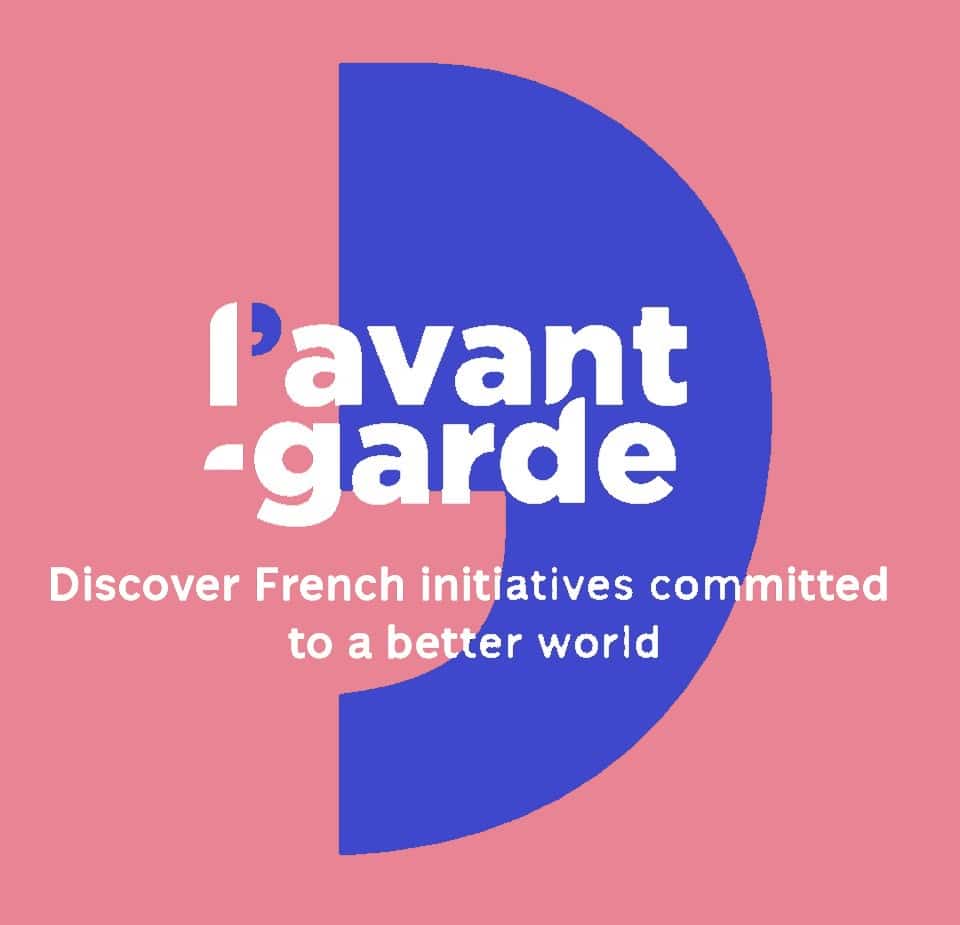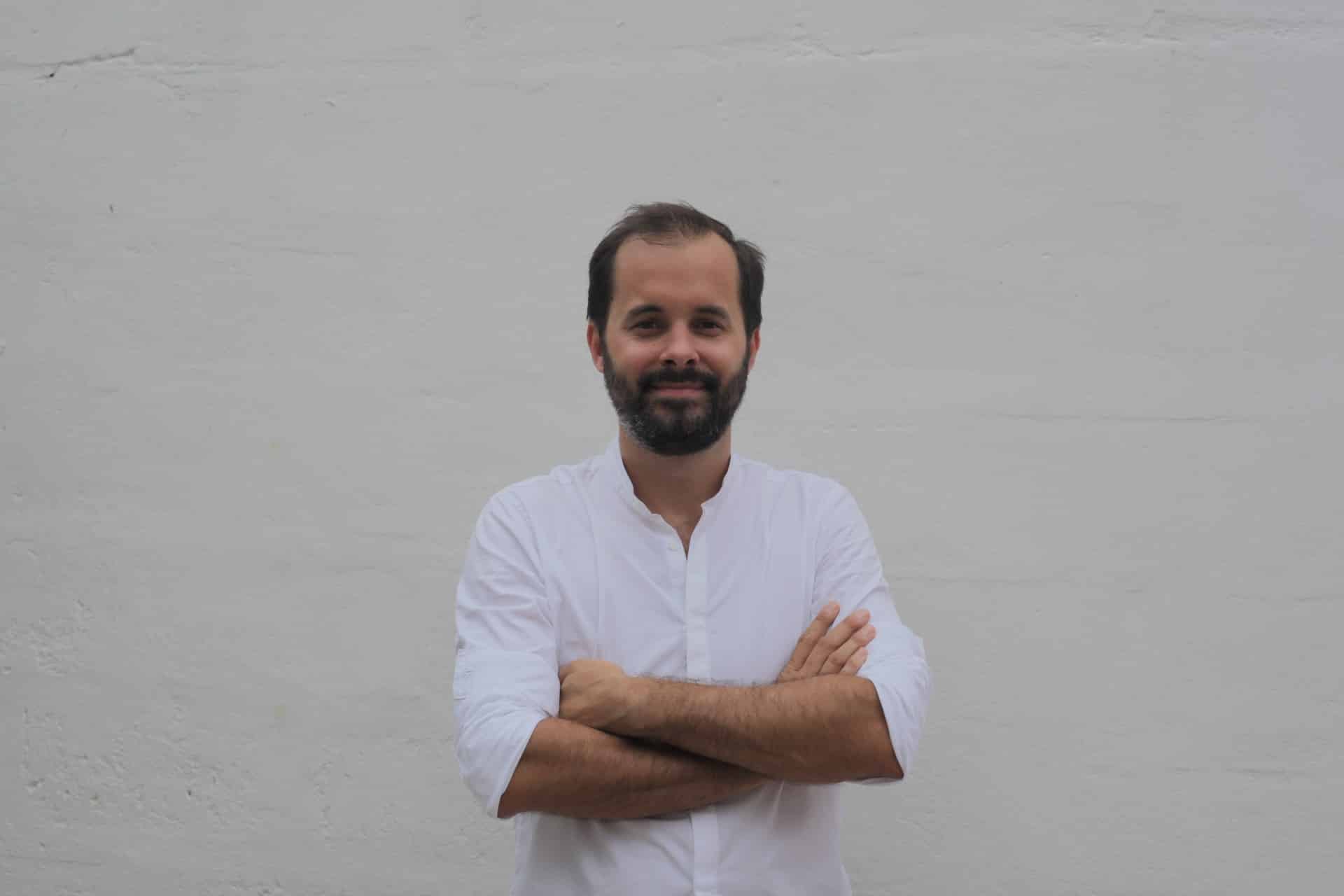Threats instead of Thanks
Auditors Gradi Koko and Navy Malela discovered suspicious transactions at the bank they worked in. Large fraudulent deposits were being made to a businessman who was sanctioned by the U.S. because of his ties to the regime of former DRC President Joseph Kabila.
When Koko and Malela raised the alarm with their superiors, they were met with threats instead of appreciation. Now in danger, they were forced to leave the DRC in secret.
PPLAAF helped these whistleblowers escape the country, one at a time, and expose the injustice to the media – including Bloomberg in the U.S.
“Knowing PPLAAF has had a serious impact on the way I see the world,” Navy Malela shared. “In my country, I could not have imagined that I would ever be able to expose the wrongdoings of people who, rather than solving the problems faced by the population, are the leading cause of them, looting and selling off the country’s wealth for their own selfish interests.
As a witness to these practices of corruption and embezzlement, I could not remain insensitive. And when I learned that with PPLAAF, I had an unprecedented opportunity to denounce them, I wanted to make my modest contribution to the preservation and safeguarding of the public interest of my country.”
These brave individuals are now sentenced to death in their home country. While PPLAAF is working diligently to overturn this sentence, Koko and Malela remain in danger.

An Adaptable Model of Support
In some African countries, PPLAAF works within the judicial system, providing legal and media assistance to whistleblowers who suffer retribution from their employers.
More drastic measures are needed in places like the DRC, including securing a refuge outside of the country and raising support from diplomats and local organizations.
For the most dangerous situations – in countries that border between democracy and dictatorship – PPLAAF creates local coalitions to launch small campaigns that bring awareness to what’s revealed by the whistleblowers. These campaigns help spur activism to help individuals facing backlash for their revelations.
The Role of the World to Protect Whistleblowers
PPLAAF has made significant progress in exposing the inequities, injustices, and illegal activity revealed by the whistleblowers by persuading international media to cover the stories – including the New York Times, Guardian, Le Monde, BBC, Bloomberg, and more.
Creating Pathways to Support PPLAAF and Whistleblowers
Henri Thulliez, Director of PPLAAF, was convinced that donors from around the world would be inspired by whistleblowers like Koko and Malele – and he felt sure that Americans in particular would be eager to support their courageous acts.
That’s why he reached out to Friends of Fondation de France to become one of their sponsored initiatives in the U.S., eligible for tax-deductible gifts from American donors. What he did not anticipate was how simple, smooth, and efficient the process would be.
“In fact, I contacted Marie [Caillat, Head of International Philanthropy at Fondation de France] at the end of April 2021, and by June, we had the partnership with Friends of Fondation de France,” he shared.
In less than a year, generous American donors seeking to build a better world have already stepped up to support PPLAAF thanks to its partnership with Friends of the Fondation de France.




